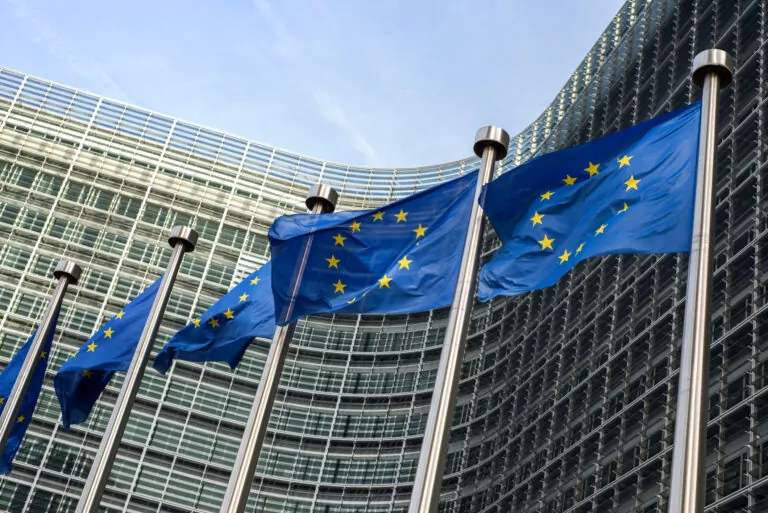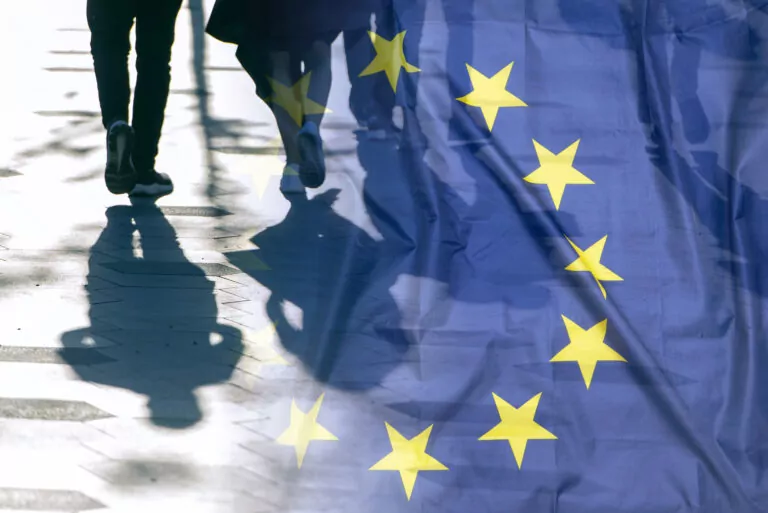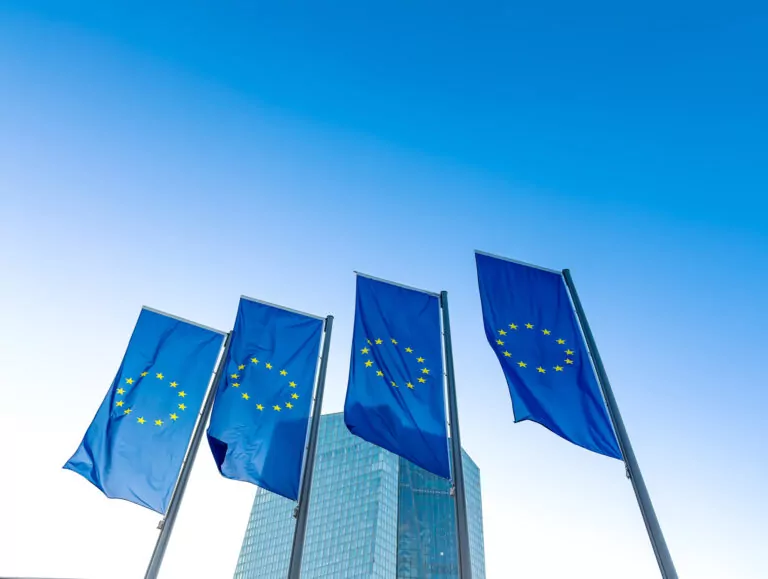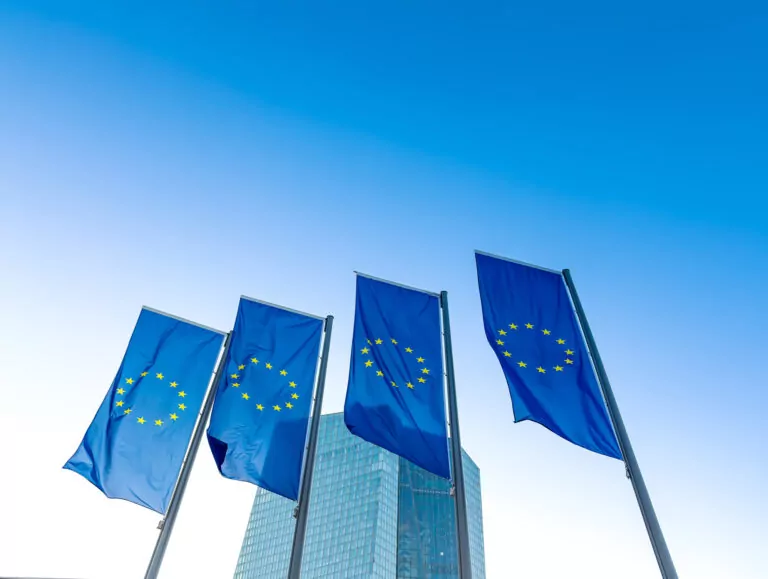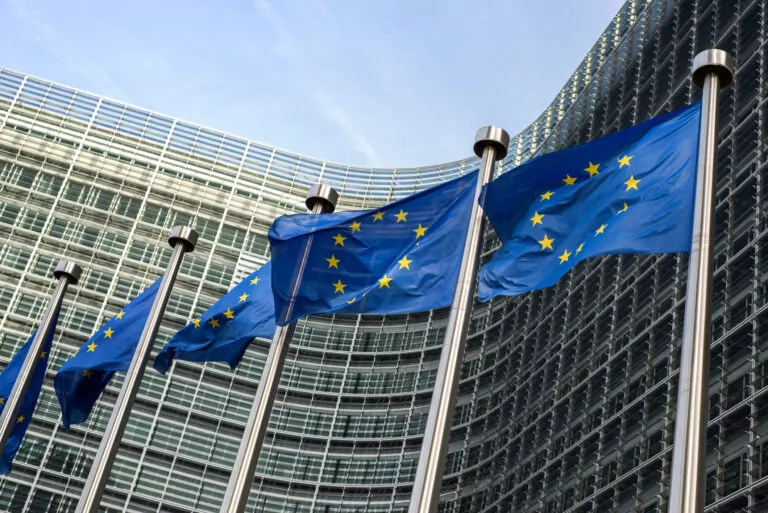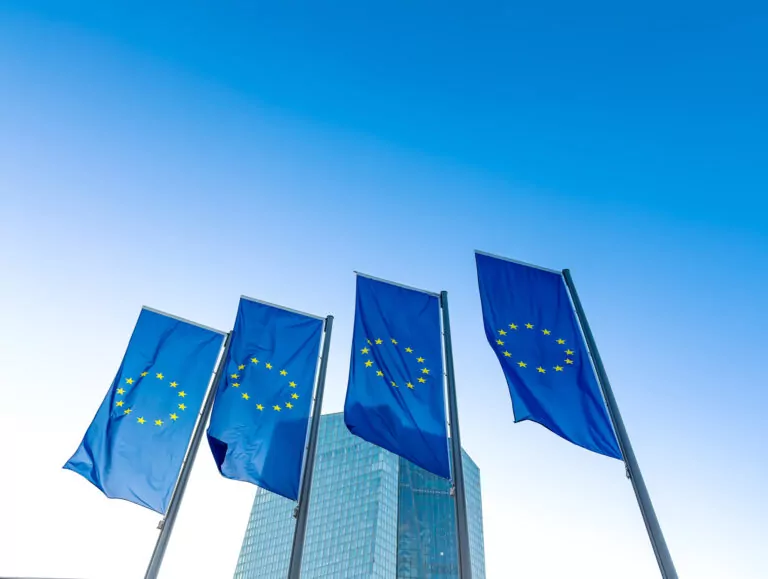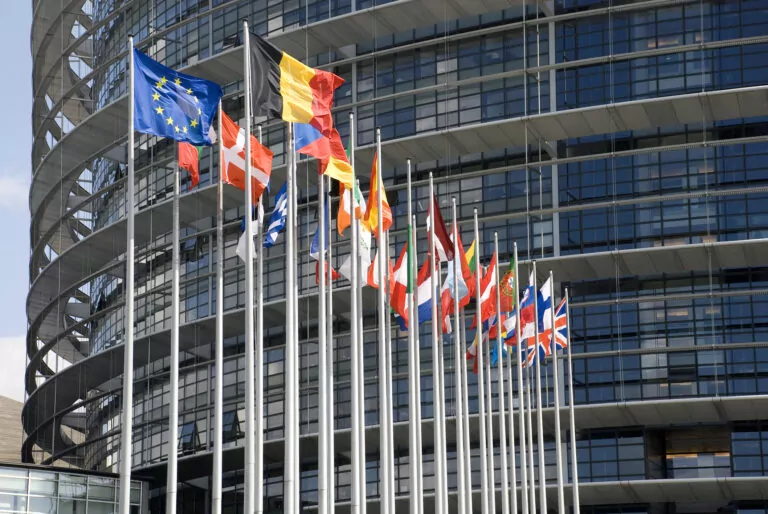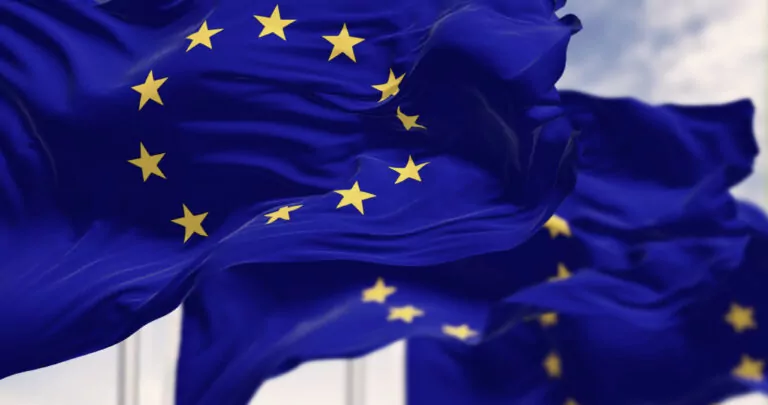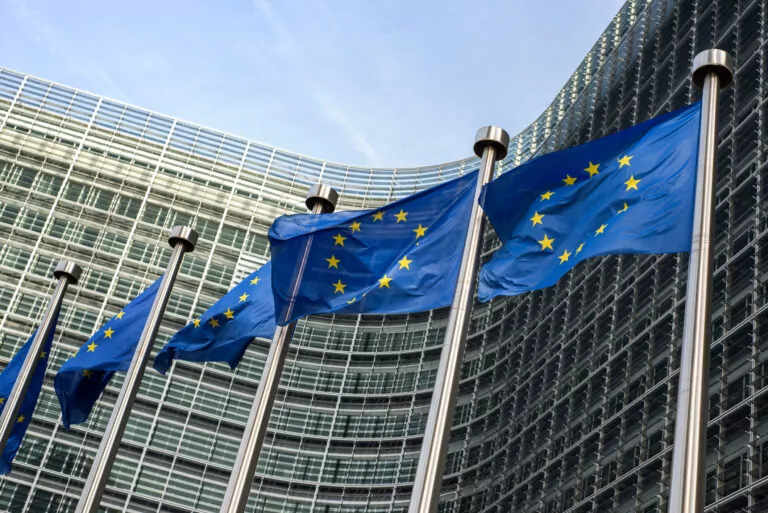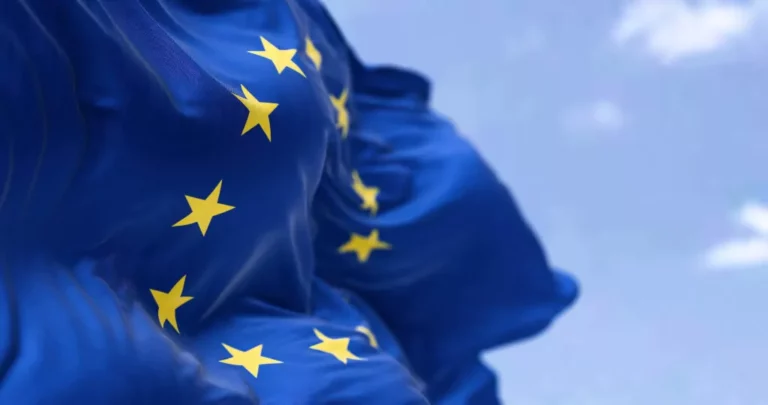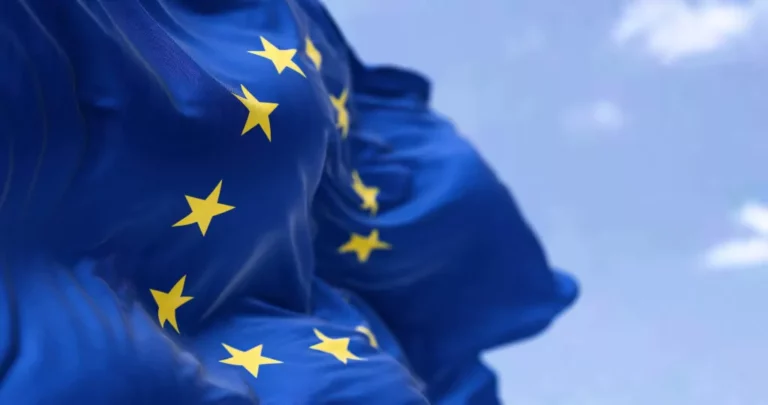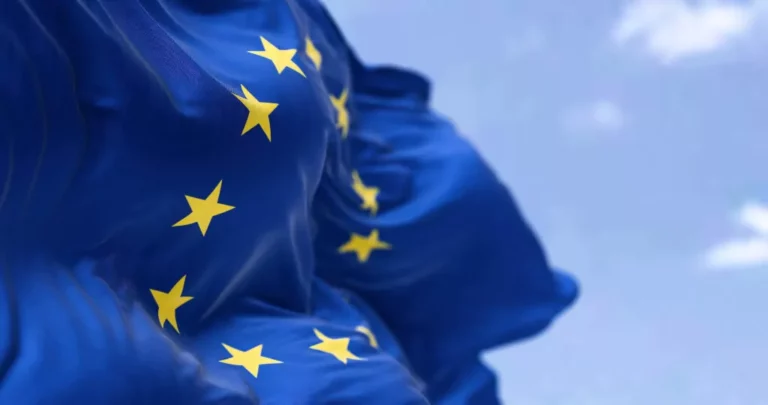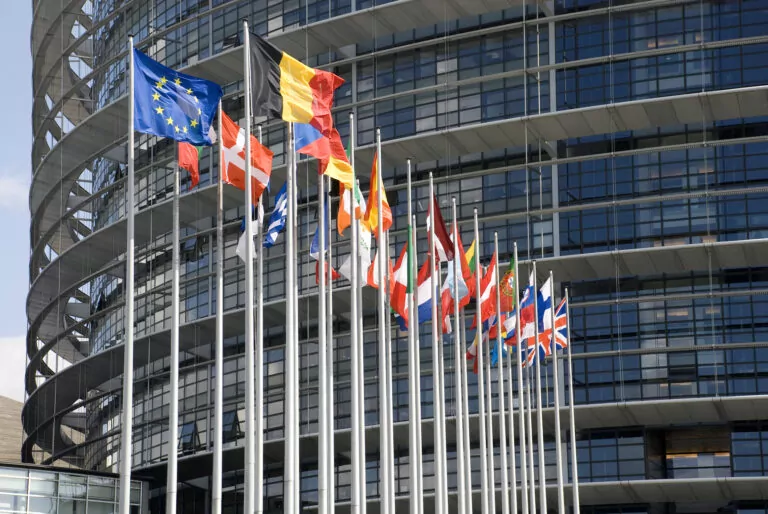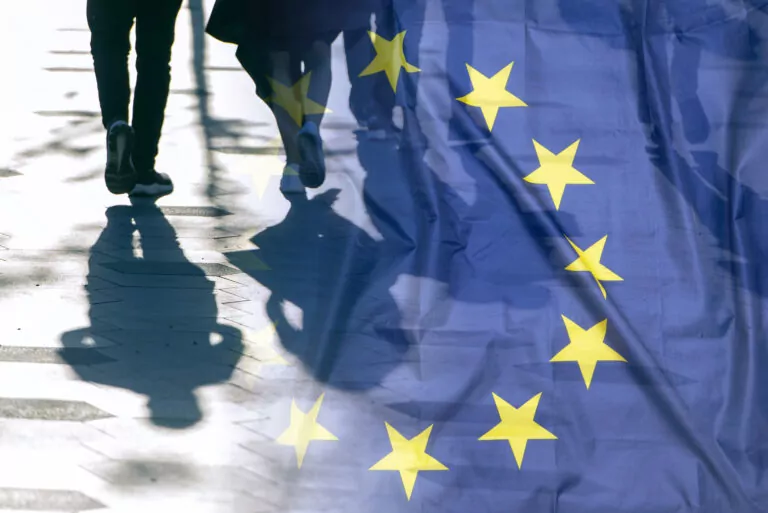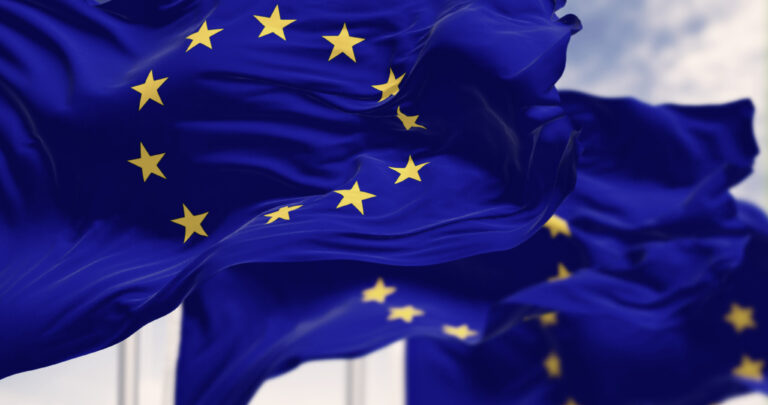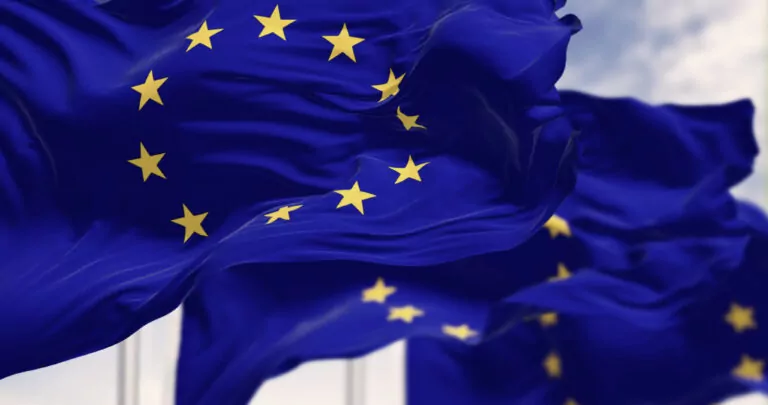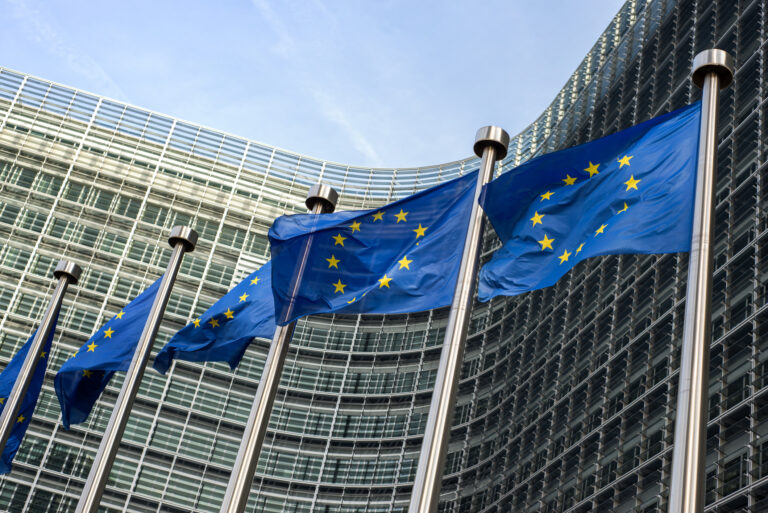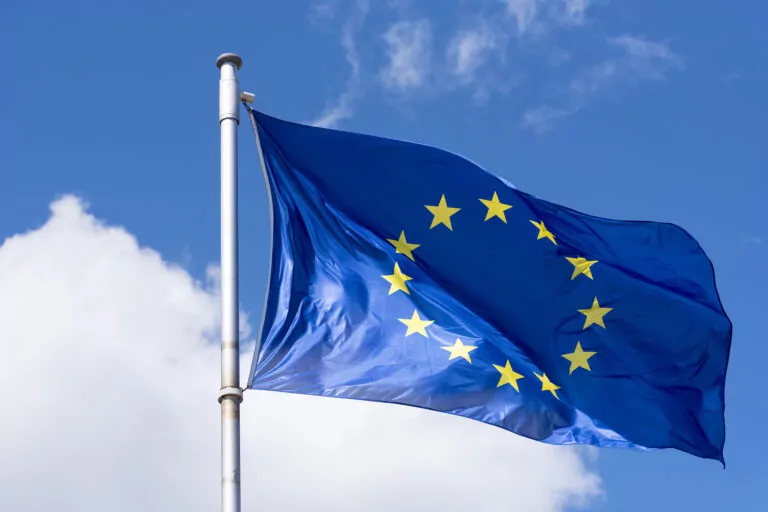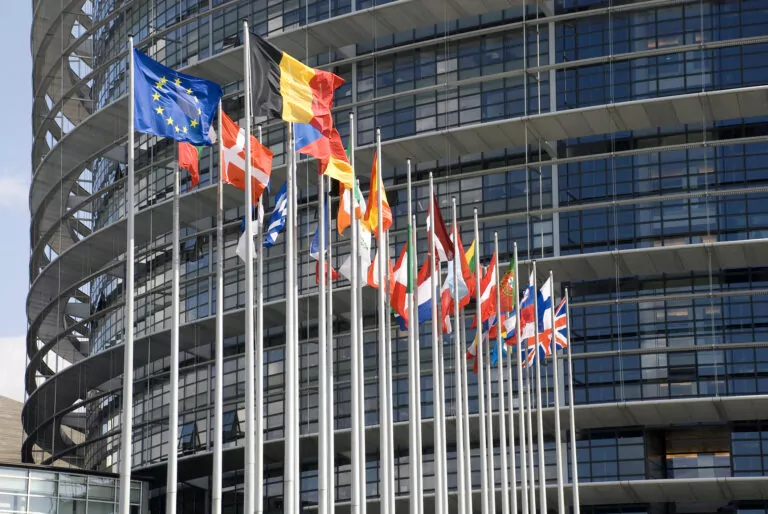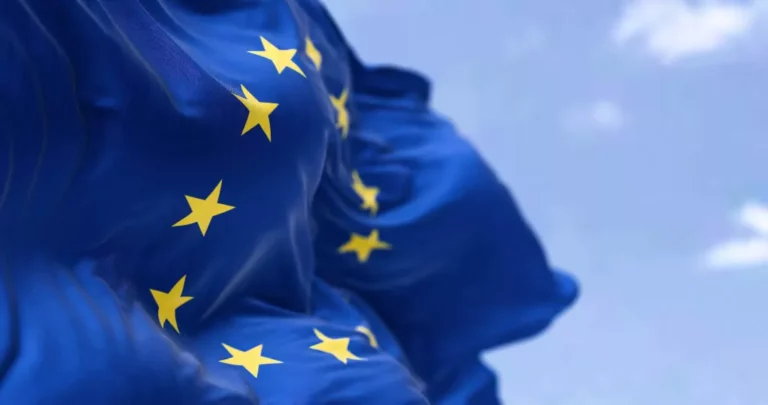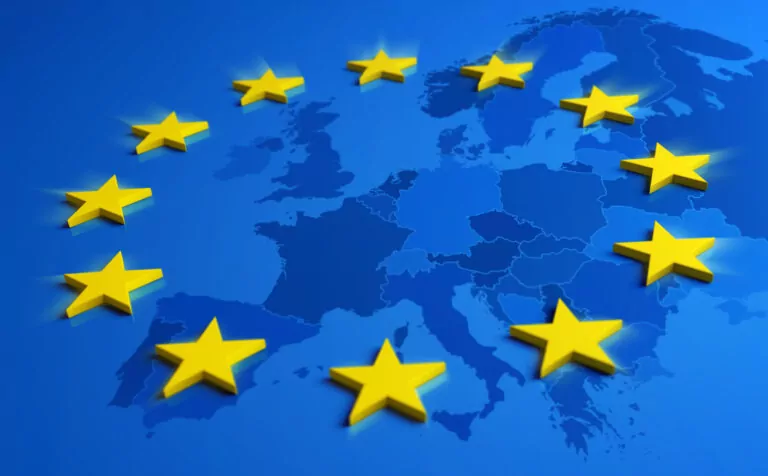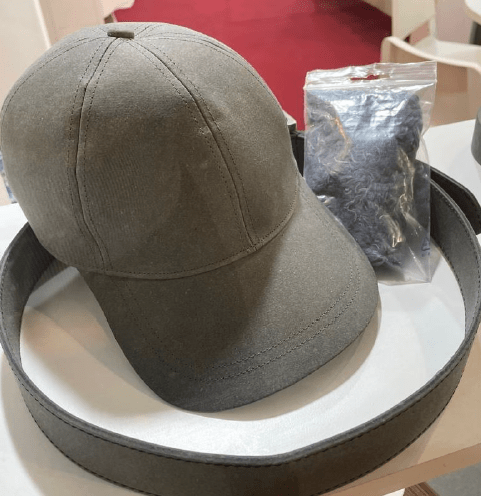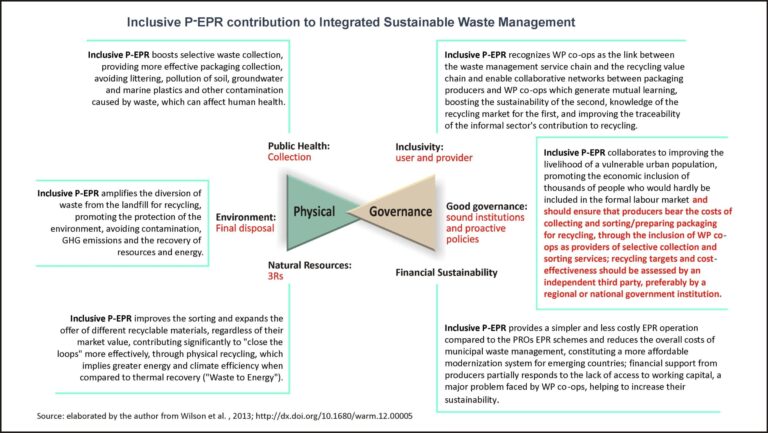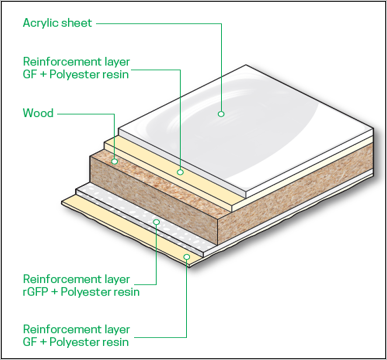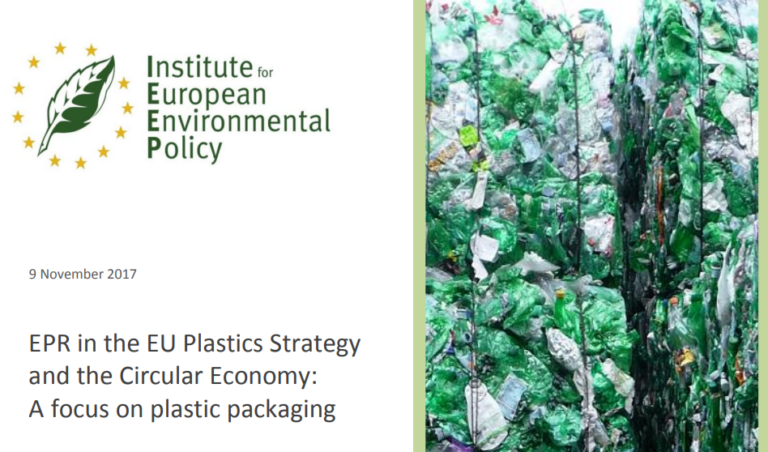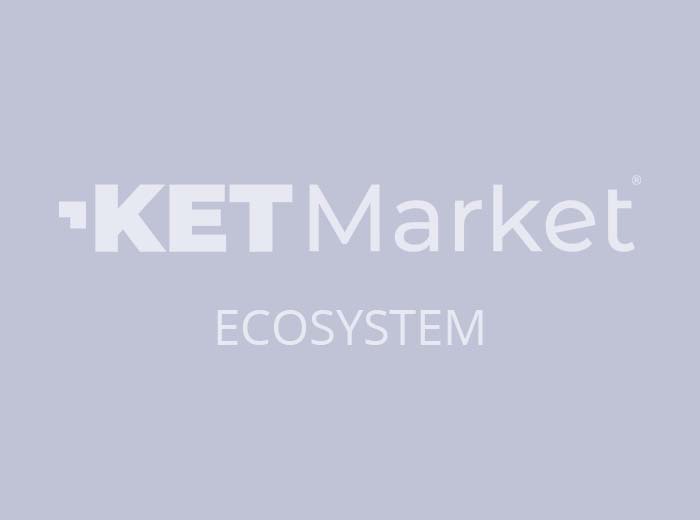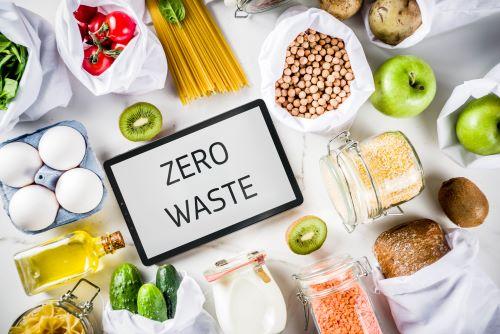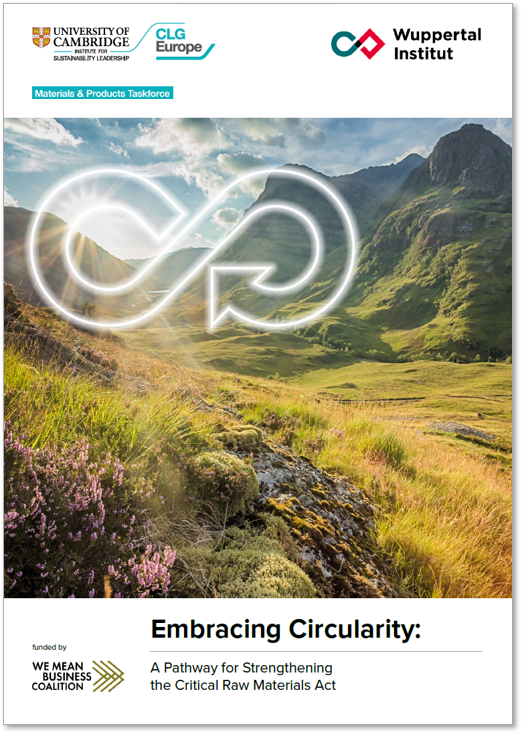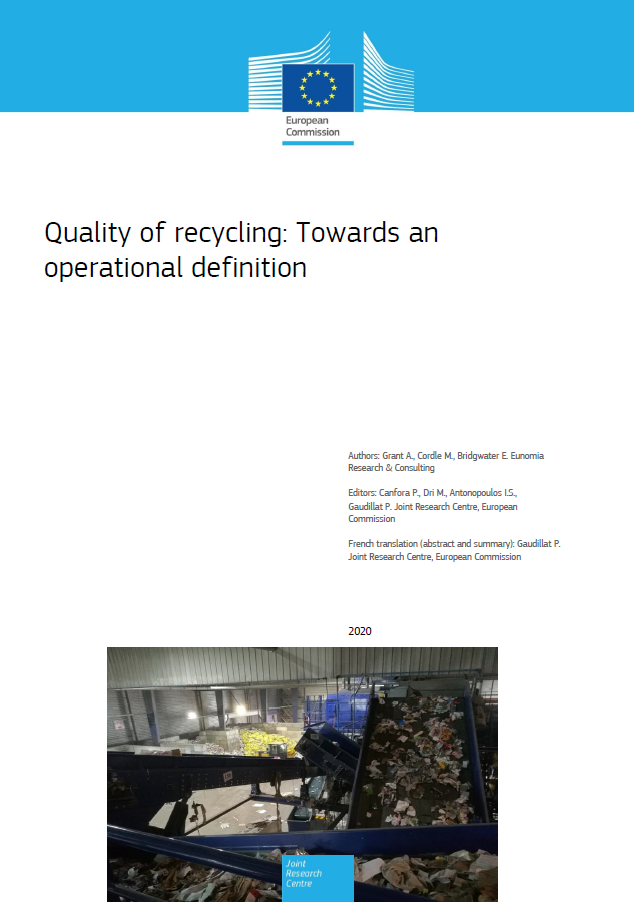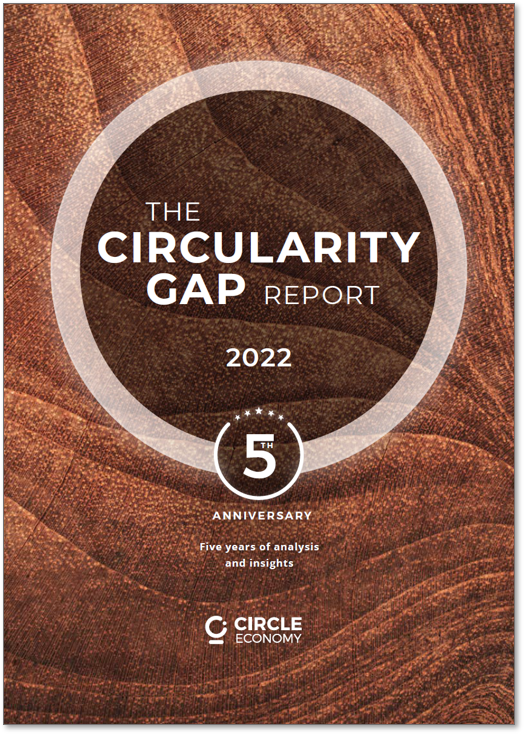Add to favorites:
Share:
In supporting the implementation of the European Green Deal, the 2020 circular economy action plan, the upcoming Circular Economy Act, the Waste Framework Directive and the Ecodesign for Sustainable Products Regulation, successful proposals will contribute to achieving improved circularity in selected product value chains and improving the efficiency of separate collection and waste management systems. They will contribute to the expected impacts of this Destination, notably improving the durability, reliability, reusability, repairability, recyclability and circularity of consumer products.
Project results are expected to contribute to all of the following expected outcomes:
- demonstrated innovative solutions for large scale uptake and implementation of Extended Producer Responsibility (EPR) schemes, providing for their application by producers, producer organisations and relevant actors across the EU and Associated Countries, including cross-border cooperation.
- improved knowledge of economic operators (including SMEs) and consumers regarding EPR schemes and eco-modulation of EPR fees, and how these contribute to increasing circularity, minimising the demand for primary resources, reducing GHG emissions, preventing environmental pollution and reducing the pressure on biodiversity and ecosystems.
- optimal functioning and increased uptake of EPR schemes in specific priority product value chains within the EU and Associated Countries, i.e.: construction products, ICT products, furniture, mattresses, and carpets.
The 2020 circular economy action plan introduces measures that aim at making sustainable products the norm, contributing to the EU’s 2050 climate neutrality target and to halt biodiversity loss. It focuses on resource-intensive sectors with the highest circularity potential such as textiles, plastics, packaging, electronics including ICT products, furniture and construction products.
EPR schemes can contribute to improve circularity gaps in key product value chains with high circularity potential, given its full lifecycle approach. They make producers responsible for the entire lifecycle of the products made available on the market, from the design-phase up to their end of life, including waste collection and recycling. These schemes can be a lever for producers, including SMEs, to design their products for circularity considering sustainability criteria and have been proven successful in improving the management of waste in products such as packaging and batteries.
R&I activities in proposals should:
- develop, test and demonstrate operational solutions for large scale implementation of EPR schemes that consider the eco-modulation of EPR fees for one or more of the following product value chains: construction products, ICT products, furniture, mattresses, and carpets;
- develop and test novel circular business models and solutions linked to EPR schemes for the above-mentioned product value chains, supported by ecodesign requirements[1] ;
- assess the economic, environmental and social cost-benefits of the implementation of EPR schemes for the relevant stakeholders, especially for consumer and producers (with a focus on SMEs);
- develop and test the application of dedicated digital technologies, such as the digital product passport (pre-consumer) and tracking applications (post-consumer), to collect evidence within those product value chains and facilitate producers’ registration and the exchange of information between national EPR schemes;
- provide policy recommendations for specific elements of an EPR scheme that incentivises waste prevention and/or minimisation (e.g., ecodesign, reuse, preparation for reuse, repair and refurbishment, remanufacturing and recycling) and facilitate cross-border cooperation.
Proposals should consider the global perspective within the national EPR schemes, as frequently the value chains mentioned above are established at a global scale and producers may be situated outside of the EU. This may apply to new products made available on the EU-market or waste from post-consumer products managed outside the EU. They should also include the case of online platforms, given the increase of online sales and the associated potential risks of free-riding economic operators, as well as cross-border cooperation mechanisms.
Projects should bring together all relevant stakeholders active in the selected product value chains (industry members, local authorities, waste management operators, SMEs, economic operators, producer responsible organisations (PROs), consumer organisations, researchers, and NGOs).
This topic requires the effective contribution of SSH disciplines, namely economics and sociology, and the involvement of SSH experts, institutions as well as the inclusion of relevant SSH expertise, in order to produce meaningful and significant effects enhancing the societal impact of the related research activities.
The JRC may provide expertise in circular economy policy and foster coordination with on-going related activities and participate, potentially, in the projects Scientific Advisory Board.
[1] https://eur-lex.europa.eu/legal-content/EN/TXT/HTML/?uri=OJ:L_202401781
Expected Outcome
In supporting the implementation of the European Green Deal, the 2020 circular economy action plan, the upcoming Circular Economy Act, the Waste Framework Directive and the Ecodesign for Sustainable Products Regulation, successful proposals will contribute to achieving improved circularity in selected product value chains and improving the efficiency of separate collection and waste management systems. They will contribute to the expected impacts of this Destination, notably improving the durability, reliability, reusability, repairability, recyclability and circularity of consumer products.
Project results are expected to contribute to all of the following expected outcomes:
- demonstrated innovative solutions for large scale uptake and implementation of Extended Producer Responsibility (EPR) schemes, providing for their application by producers, producer organisations and relevant actors across the EU and Associated Countries, including cross-border cooperation.
- improved knowledge of economic operators (including SMEs) and consumers regarding EPR schemes and eco-modulation of EPR fees, and how these contribute to increasing circularity, minimising the demand for primary resources, reducing GHG emissions, preventing environmental pollution and reducing the pressure on biodiversity and ecosystems.
- optimal functioning and increased uptake of EPR schemes in specific priority product value chains within the EU and Associated Countries, i.e.: construction products, ICT products, furniture, mattresses, and carpets.
Scope
The 2020 circular economy action plan introduces measures that aim at making sustainable products the norm, contributing to the EU’s 2050 climate neutrality target and to halt biodiversity loss. It focuses on resource-intensive sectors with the highest circularity potential such as textiles, plastics, packaging, electronics including ICT products, furniture and construction products.
EPR schemes can contribute to improve circularity gaps in key product value chains with high circularity potential, given its full lifecycle approach. They make producers responsible for the entire lifecycle of the products made available on the market, from the design-phase up to their end of life, including waste collection and recycling. These schemes can be a lever for producers, including SMEs, to design their products for circularity considering sustainability criteria and have been proven successful in improving the management of waste in products such as packaging and batteries.
R&I activities in proposals should:
- develop, test and demonstrate operational solutions for large scale implementation of EPR schemes that consider the eco-modulation of EPR fees for one or more of the following product value chains: construction products, ICT products, furniture, mattresses, and carpets;
- develop and test novel circular business models and solutions linked to EPR schemes for the above-mentioned product value chains, supported by ecodesign requirements[1] ;
- assess the economic, environmental and social cost-benefits of the implementation of EPR schemes for the relevant stakeholders, especially for consumer and producers (with a focus on SMEs);
- develop and test the application of dedicated digital technologies, such as the digital product passport (pre-consumer) and tracking applications (post-consumer), to collect evidence within those product value chains and facilitate producers’ registration and the exchange of information between national EPR schemes;
- provide policy recommendations for specific elements of an EPR scheme that incentivises waste prevention and/or minimisation (e.g., ecodesign, reuse, preparation for reuse, repair and refurbishment, remanufacturing and recycling) and facilitate cross-border cooperation.
Proposals should consider the global perspective within the national EPR schemes, as frequently the value chains mentioned above are established at a global scale and producers may be situated outside of the EU. This may apply to new products made available on the EU-market or waste from post-consumer products managed outside the EU. They should also include the case of online platforms, given the increase of online sales and the associated potential risks of free-riding economic operators, as well as cross-border cooperation mechanisms.
Projects should bring together all relevant stakeholders active in the selected product value chains (industry members, local authorities, waste management operators, SMEs, economic operators, producer responsible organisations (PROs), consumer organisations, researchers, and NGOs).
This topic requires the effective contribution of SSH disciplines, namely economics and sociology, and the involvement of SSH experts, institutions as well as the inclusion of relevant SSH expertise, in order to produce meaningful and significant effects enhancing the societal impact of the related research activities.
The JRC may provide expertise in circular economy policy and foster coordination with on-going related activities and participate, potentially, in the projects Scientific Advisory Board.
[1] https://eur-lex.europa.eu/legal-content/EN/TXT/HTML/?uri=OJ:L_202401781
Partner Requests
Explore Real Collaboration Opportunities
🔍 As a logged-in member, you now have exclusive access to all active Partner Requests for this Funding Call.
See who’s looking for collaborators, explore exciting project ideas, and discover how others are planning to make an impact.
💡 Use these insights to get inspired—or take the next step and start a request of your own (3 entries for free).
Log in or registrate here for free.
You must be logged in to submit or manage a partner request.
Ask our experts about this call
Connect with the Listing Owner!
💬 Please log in now to send a direct message to our experts and ask your questions. Not a member yet? Sign up for free and start connecting today!
Related Funding and Finance Opportunities
Unlock Exclusive Funding Opportunities!
🔑 Get instant access to tailored funding opportunities that perfectly match your needs. This powerful feature is exclusively available to our premium members—helping you save time, stay ahead of the competition, and secure the right funding faster.
Upgrade to Premium now and never miss an important opportunity again! Already a premium member? Log in here to explore your matches.
Related Innovation Offers
Related Knowledgebase Resources
Discover More with Premium: Related Knowledge Resources
🔒 You’re missing out on expert-curated knowledge specifically matched to this topic. As a Premium member, you gain exclusive access to in-depth articles, guides, and insights that help you make smarter decisions, faster.
Whether you’re preparing a funding proposal, researching a new market, or just need reliable information—our Premium knowledge matches save you hours of research and point you directly to what matters.
Upgrade to Premium now and instantly unlock relevant knowledge tailored to your needs! Already a member? Log in here to view your personalized content.

